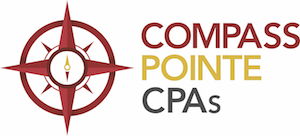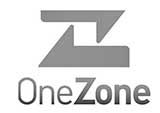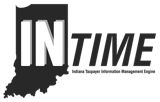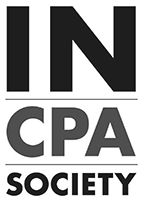One Big Beautiful Bill Part 3
November 4, 2025 Author: Compass Pointe CPAs
On July 4, 2025, the One Big Beautiful Bill Act (OBBBA) was signed into legislation. While the OBBBA primarily extends many existing tax provisions, it also introduces several new and notable updates. As part of our ongoing series, we would like to provide our clients with commentary and analysis on these new tax planning topics. Below is Part 3 of this series.
Qualified Tips Deduction (“No Tax on Tips”) and Qualified Overtime Pay Deduction (“No Tax on Overtime”)
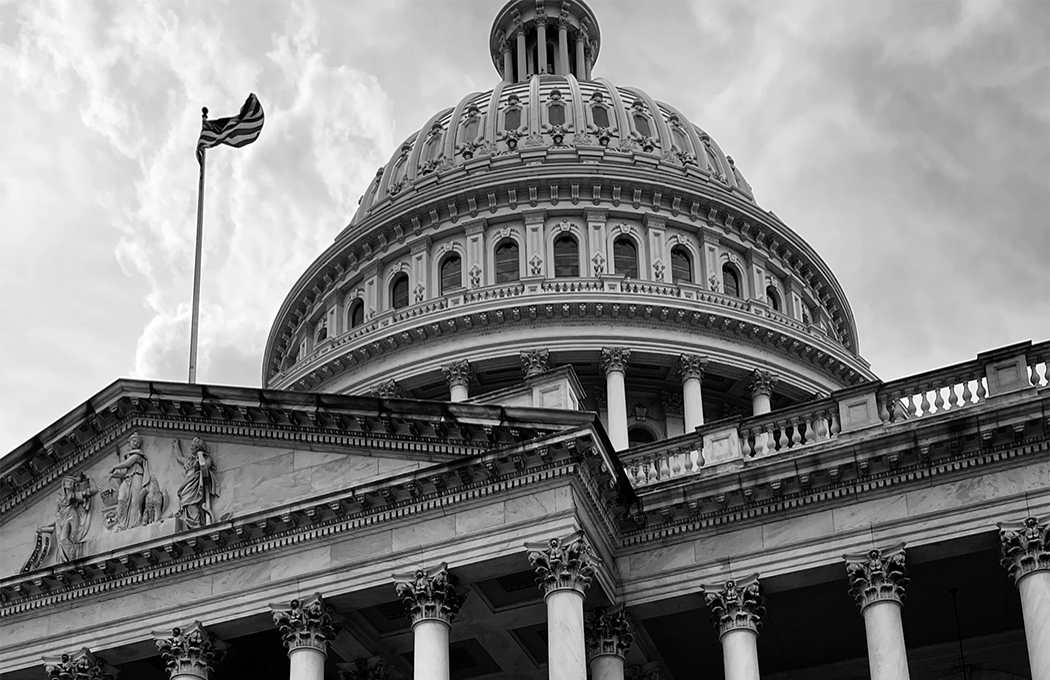
In our first installment of the OBBBA series, we focused on the bill’s “extenders” — those key provisions that brought a sense of permanence to prior temporary tax rules. This stability was long overdue and provided a welcomed opportunity for forward-looking planning. Our second installment focused on the revised state and local tax deduction.
Now, as we continue our deep dive into the One Big Beautiful Bill Act (OBBBA), we turn our attention to two new individual income tax deductions aimed at benefiting workers in industries where variable pay is common:
1. Qualified Tips (“No Tax on Tips”), and
2. Qualified Overtime Pay Deduction (“No Tax on Overtime”)
Both deductions are available “above the line,” meaning taxpayers can claim them even if they do not itemize. They apply to tax years 2025 through 2028.
While each provision may appear straightforward in concept, their practical impact on both employers and employees can be significant when properly understood and applied.
1. Qualified Tips (“No Tax on Tips”)
An individual may claim an income tax deduction for qualified tips received in the course of employment. A qualified tip is any cash tip received in an occupation that customarily and regularly received tips on or before December 31, 2024.
The deduction is limited to $25,000 per tax year, and begins to phase out when modified adjusted gross income (MAGI) exceeds $150,000 (or $300,000 for joint filers).
What are “qualified tips”?
Qualified tips are cash tips received by an individual in an eligible occupation. However, an amount is not a qualified tip unless all the following conditions are met:
- The amount is paid voluntarily without any consequence for nonpayment, is not negotiated, and is determined solely by the payer.
- (Note: Automatically added gratuities for large groups are not voluntary and therefore do not qualify.)
- The trade or business in which the individual receives the tip is not a specified service trade or business (defined below).
- Any additional requirements established by the Treasury Secretary through regulations or other guidance are satisfied.
A “specified service trade or business” generally includes the performance of:
- Services in the fields of health, law, accounting, actuarial science, performing arts, consulting, athletics, financial services, or brokerage services;
- Or any trade or business where the principal asset is the reputation or skill of one or more employees or owners;
- As well as services involving investing, investment management, trading, or dealing in securities, partnership interests, or commodities.
Cash tips include those paid by cash, check, debit card, or credit card.
2. Qualified Overtime Pay Deduction (“No Tax on Overtime”)
An individual may also claim an income tax deduction for qualified overtime pay. The deduction is limited to $12,500 per tax year ($25,000 for joint filers), and begins to phase out when MAGI exceeds $150,000 (or $300,000 for joint filers).
What is “qualified overtime compensation”?
Qualified overtime compensation refers to overtime pay required under the Fair Labor Standards Act of 1938 (FLSA) that is in excess of the regular rate under the FLSA at which the individual is employed.
In simpler terms, it represents the ½ portion of the typical “time and a half” overtime rate.
Under the FLSA, employers must generally pay covered, nonexempt employees at least one and one-half times their regular rate of pay for hours worked over 40 in a given work week. Because overtime rules can be complex, employers may wish to consult legal counsel specializing in labor law to ensure compliance and proper classification of covered employees.
Application Point
These new deductions represent a meaningful shift toward direct tax relief for hourly and service-industry employees.
Individuals who consistently earn tips or overtime income should review year-end pay stubs to ensure that employer-reported income aligns with what will be claimed on their tax return. For advisors working with service-sector clients, these deductions create new opportunities to optimize withholding, estimated payments, and year-end planning strategies. For employers, we recommend keeping up to date with IRS updates and guidance regarding these new deductions as the practical implementation can be complex.
Conclusion
As we continue to unpack the many layers of the One Big Beautiful Bill Act, one thing remains clear: while it may not qualify as sweeping tax reform, it introduces a number of targeted, meaningful opportunities for thoughtful planning and taxpayer relief.
Stay tuned for the next installment of our OBBBA series, where we’ll continue exploring the bill’s broader implications and practical applications for taxpayers, advisors, and businesses navigating this ever-changing tax landscape.
